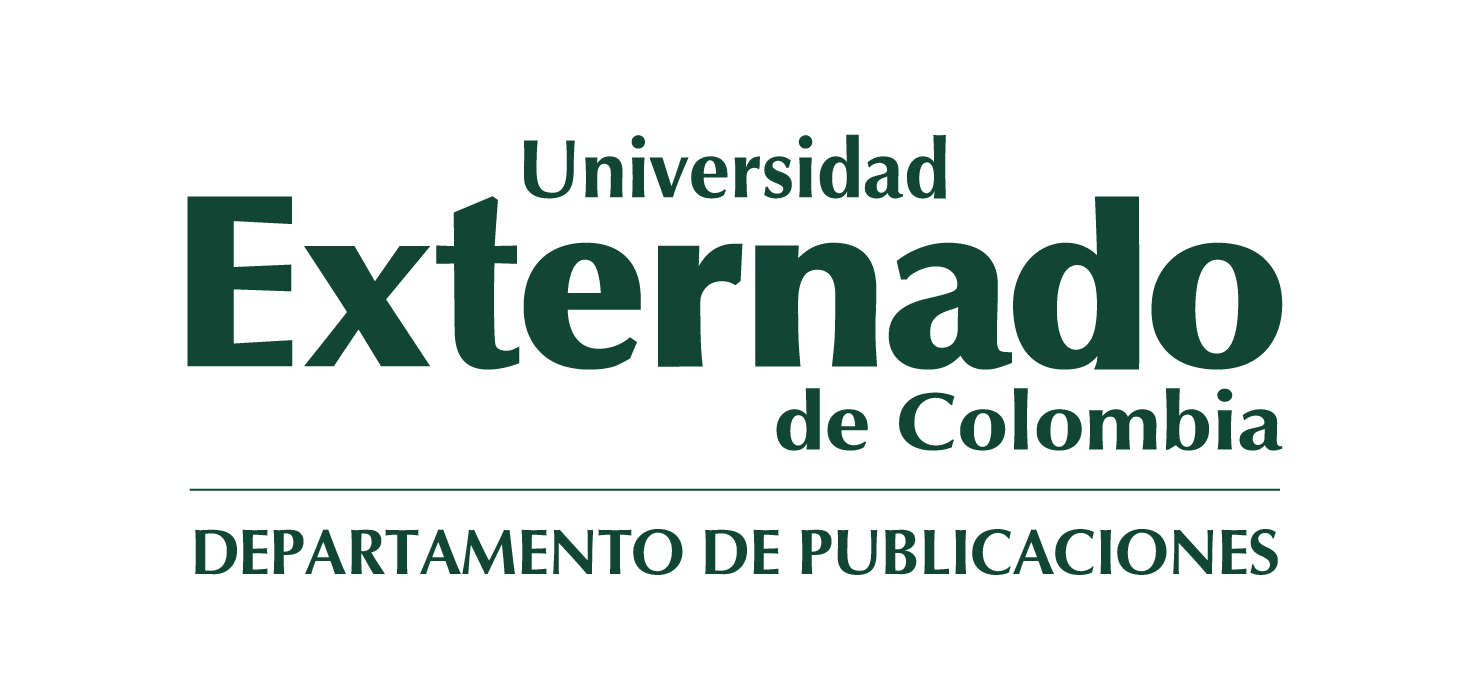Cátedra Unesco. Derechos humanos y violencia
Gobierno y gobernanza. Justicia restaurativa y la relación con los derechos económicos, sociales y culturales (DESC) de las víctimas del conflicto armado
This publication is the product of research completed within the framework of the UNESCO Chair "Human Rights and Violence: Government and Governance" of the Externado University of Colombia; It is made up of nine chapters that address relevant topics such as justice, the environment, mental health, memory and human rights from a restorative perspective that allows the inclusion of all actors and the reestablishment of economic, social and economic rights. cultural backgrounds of the vulnerable population. Chapter I addresses the epistemology of social injustice based on the contrast between universal theories of justice versus its substantial localism; In Chapter II, new debates are opened for politics and human rights and their connection with human life; Chapter III addresses the analysis of restorative justice on the punitive justice model in the case of the Arhuaco indigenous peoples in Colombia; Chapter IV analyzes the conception of justice for the population affected by the armed conflict in Colombia and its relationship with economic, social and cultural rights. Chapter V addresses the regulation of payment for environmental services within the framework of the Peace Agreement and its regression or contribution to the implementation of a stable and lasting peace.
Chapters VI and VII analyze, from a government perspective, comprehensive health care programs with a psychosocial focus for victims of the armed conflict, and their contribution to reconciliation in light of restorative principles.
Finally, chapters VIII and IX emphasize the collective construction of memory and cultural heritage as a means to guarantee the right to truth and non-repetition.
PRÓLOGO
Justicia restaurativa y la relación con los derechos económicos, sociales y culturales de las víctimas del conflicto armado Marcela Gutiérrez Quevedo
CAPÍTULO I El sujeto de la injusticia, sufrimiento y reparación: límites de una teoría de la justicia Bethania Assy
CAPÍTULO II El nexo de la política y la vida humana: nuevos debates para la política y los derechos humanos Castor M. M. Bartolomé Ruiz
CAPÍTULO IIIJusticias restaurativas y el buen vivir ancestral. El caso arhuaco Marcela Gutiérrez Quevedo CAPÍTULO IV Justicia como derechos: una noción de justicia construida desde la vivencia del desplazamiento forzado y sus actores Bibiana Ximena Sarmiento Alvare CAPÍTULO V La reglamentación del pago por servicios ambientales en la implementación del Acuerdo de Paz. Una novedad ilusoria Carolina Montes Cortés
CAPÍTULO VI Garantía del derecho a la salud para víctimas del conflicto armado con enfoque diferencial: dificultades, avances y nuevas propuestas Carlos Iván Molina Bulla
CAPÍTULO VII La intervención psicosocial comunitaria dada por el Estado y su aporte al proceso de reconciliación en contextos colectivos Viviana Gutiérrez Cristancho
CAPÍTULO VITI Visualidad y desplazamiento forzado en Colombia Carol Contreras Suárez y Carlos Alberto González Buitrago
CAPÍTULO IX Los tejidos de Mampuján: patrimonio, empoderamiento y desarrollo sostenible William Alejandro Gamboa Sierra
eBook
Impreso
-

-
Marcela Gutiérrez Quevedo
-
Directora del Centro de Investigación en Política Criminal, coordinadora de la Cátedra UNESCO y profesora de la Cátedra de Criminología de la Universidad Externado de Colombia. Abogada de la misma universidad, con posgrados en Derecho Penal, Política Criminal y Derechos Humanos en la Universidad de Paris II y Paris X, respectivamente. Doctora en Derecho Público de la Universidad d’Artois, Francia
-
-

-
Ángela Marcela Olarte Delgado
-
Investigadora del Centro de Investigación en Política Criminal de la Universidad Externado de Colombia. Abogada de la Universidad Externado de Colombia, especialista en Cooperación Internacional y Proyectos de Desarrollo. Estudios de Maestría en Estudios de Paz, Conflicto y Desarrollo de la Universidad de Bradford Reino Unido. Experiencia laboral en proyectos con población vulnerable.
-
eBook
Digital: descarga y online - EPUB
Catálogo Universidad Externado:



